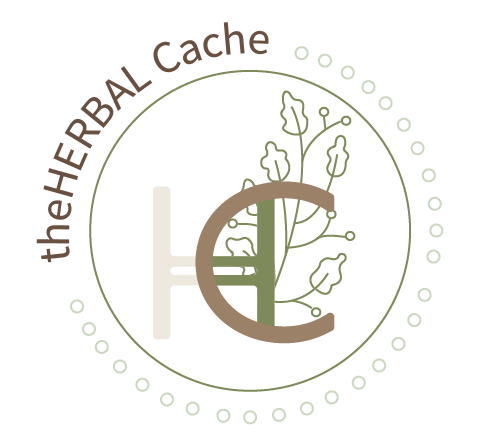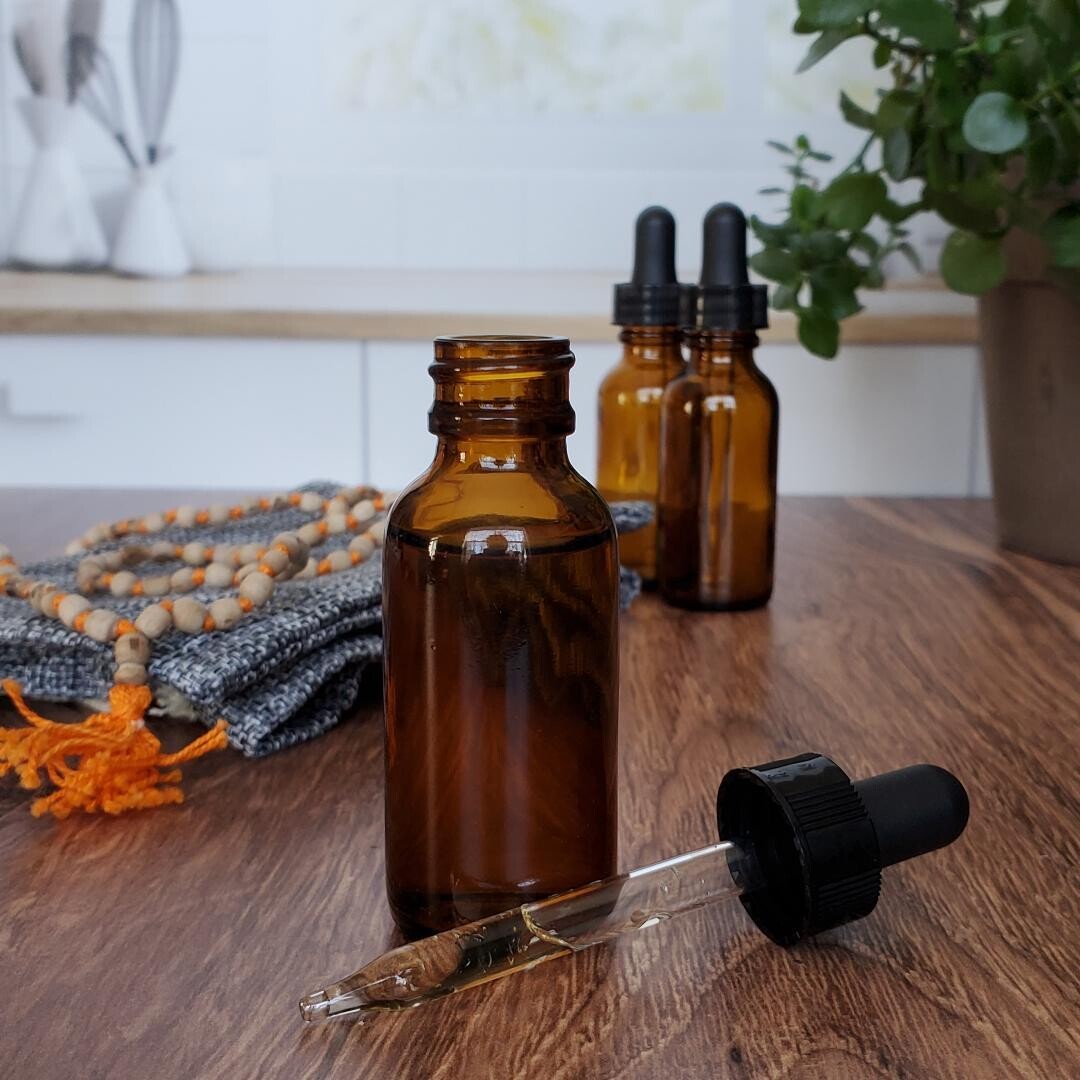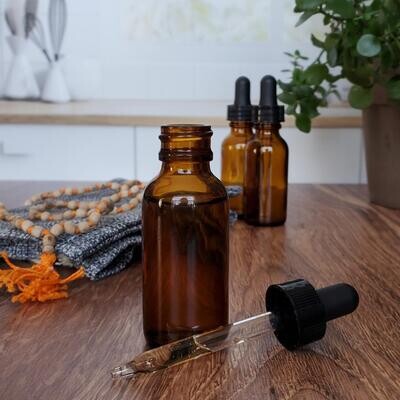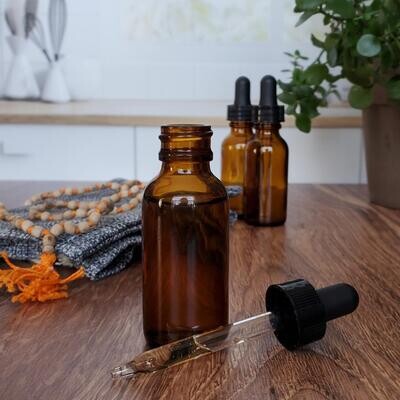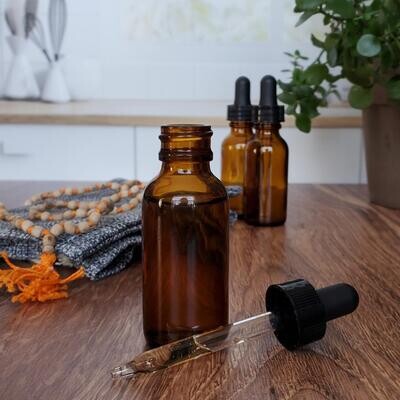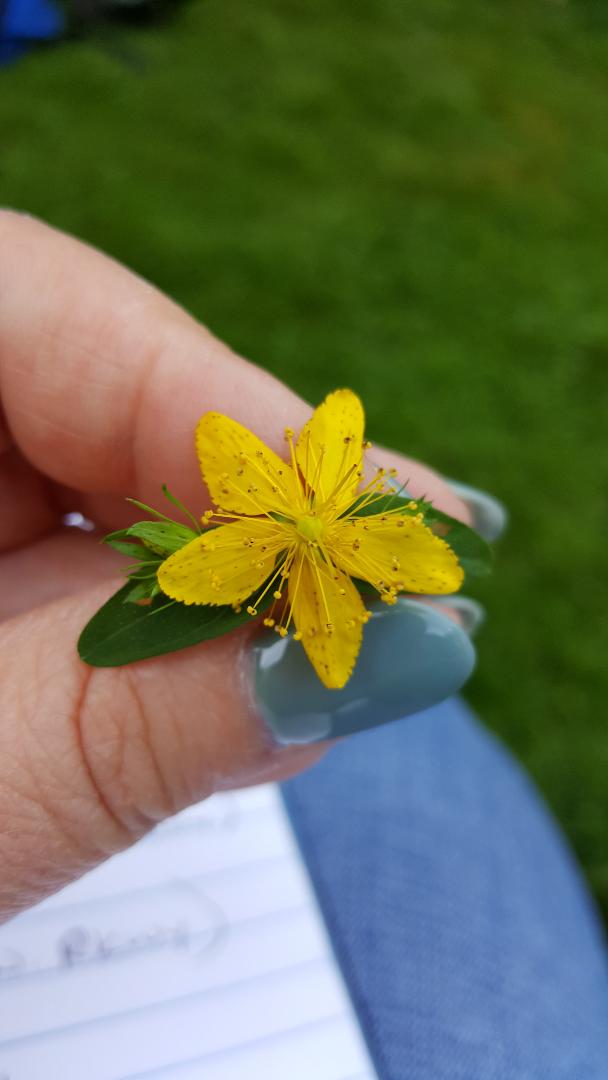Mugwort Tincture
Mugwort Tincture
Mugwort, Artemisia vulgaris, is known for its impact on dreams. It helps one sleep better and have vivid, lucid dreams.
Mugwort has long been known for its affinity for menstrual and reproductive health. Its botanical name, Artemisia, comes from Artemis, the Greek goddess of childbirth. Mugwort has been used as a supportive herb for uterine and reproductive health across many herbal traditions.
It is a stimulant used to help one relax. Mugwort stimulates movement and flow in the body , which then eases tension and stagnation, thus causing the body to relax.
- digestive disorders
- insomnia
- fever
- aching muscles
- upset stomach
- respiratory illness
- wet, boggy coughs
- circulation
- malaria
- asthma
- paralytic muscles
- pleurisy
- catarrh
- forms of crofulous
- inflammation of joints
- pregnancy to aid birthing, especially the removal of the placenta
- anthelmintic.
Mugwort is also used for moxibustion. Moxibustion burns dried mugwort leaf powder either directly on the skin or a few inches above the skin on specific points for a variety of conditions, including but not limited to pain due to injury or arthritis.
Plant mugwort near or around your garden to repel insects, especially moths.
This plant has a very long history. Some Chinese poems and songs mention it as far back as 3 BC. It is thought to be native to Europe, Northern Africa, and naturalized in much of the lower 48 United States.
I foraged this plant in central Minnesota.
NOTE: come in a 1 oz bottle with a dropper
I use the folk method for making all my tinctures, which uses no measurements except sizing things up with your eyes. So I put the plant material in a jar and then fill with alcohol.
